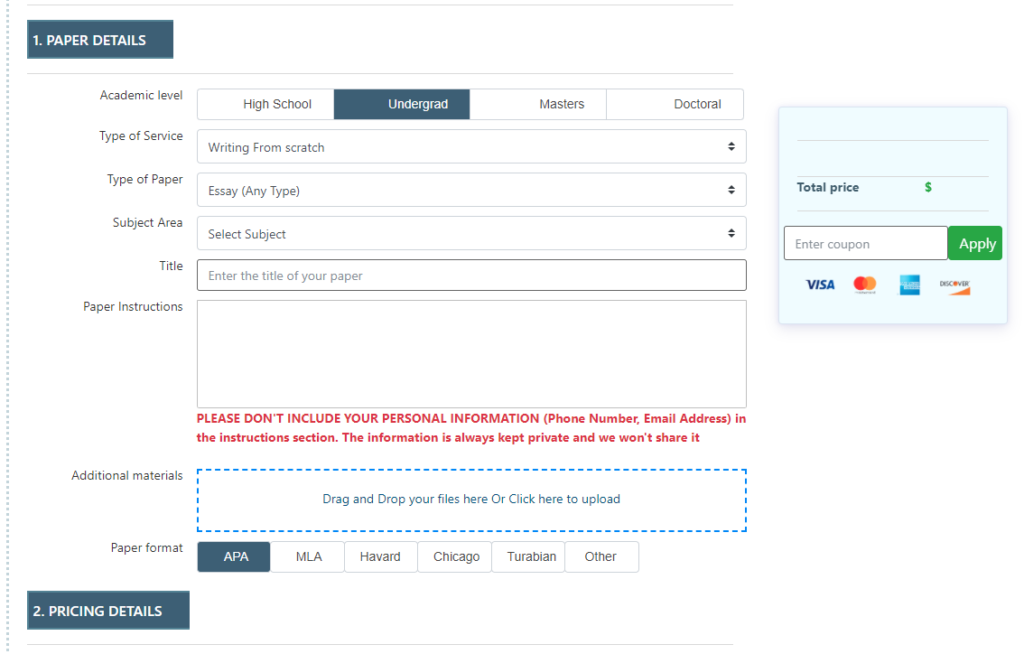Case Study of South Sudan
Lakesha Bryant
SOC 300-Socialogy of Developing Countries
John Cronin
March 12, 2017
With the help of the United States, South Sudan gained their independence in 2011. The country found themselves fighting a Civil War that ended in 2013. Current President Salva Kiir, head of SPLM/A and former Vice President Riek Machar head of SPLM/A-IO and head of a rebel group are still at oIDs. Machar has gone into hiding but has left some of his troops behind to cause the ruckus in the country. President Kiir is trying to maintain control, but the rebels are making it very difficult for humanitarian aid to be delivered. A large portion of the country is famine; they are fighting over the countries religion, have a collapsed market, oil fields are being mismanaged; families are displaced, an outbreak of diseases, and causing disruption with their agriculture. As Chairman of the Joint Chiefs of Staff, its my job to provide advice to the President and senior leaders on how we should intervene in the crisis thats going on within the country.
1. Is any national interest in the U.S. involved? Yes
2. If so, what are those interests? If not, why are no interest involved?
The first interest would be South Sudans oil. When South Sudan seceded from Sudan in 2011, it gained control over most of the oil reserves. However, South Sudan lacks the infrastructure to refine or move the oil, and can only export it through pipelines in Sudan. This caused a big conflict between the two and control over oil supply is still current today. Long-term contracts have been made with oil companies, infrastructure has been laid down, and patterns of oil revenue management and budgeting were established during the period of semi-autonomy under the Comprehensive Peace Agreement (CPA). The CPA is a collection of agreements that is meant for the betterment of South Sudan.
The second interest is political, and I wouldnt say its interesting for the United States. It was an interest for former President Obama and his administration to make the referendum a priority, and the recognition of South Sudan by the United States held as a major foreign-policy victory. Before leaving office, former President Obama was unimpressed and deeply disappointed by the countrys leadership. Kiir didnt seem interested in bringing peace to the country as he stalled for more time with signing the agreement. He eventually signed the agreement but was issued a warning by the U.S. that would hold any leaders accountable that may stray from the commitment. With everything that the country is going through, does this still count as a foreign policy victory?
3. Does the U.S. have a responsibility to protect (R2P) the people of South Sudan?
Yes, the U.S. does have a responsibility to protect the people of South Sudan. It was the U.S. that encourage the separation of Sudan, so I feel that it is only right for the U.S. to protect the country and continue with aid. The country hardly has any roads and not nearly enough schools or health services for its population. Almost 200,000 people are fleeing to refugee camps and crossing South Sudans borders. 2.25 million people have been displaced and left half its population at risk of going hungry. Cholera has broken out, and deadly cases of malaria are rampant. Thousands of people have been killed because of the war. Oil fields are not being managed incorrectly. With South Sudan being rich with oil, most of the people make their living with relying on cattle for their livelihood and use charcoal as their main fuel source. The country is in desperate need of financial aid, medical treatment, and educational help. The country also needs help and protection from their people raging wars.
4. If so, what form should that intervention take? If no action is recommended, why not?
There are a few interventions the U.S. should take. First, the U.S. need to demand an election for a new president of South Sudan or appoint another suitable leader. Current president Kiir cant seem to get things in order and has continued the conflict with former vice president Machar. Having a new president thats not involved with any outside group or organization may be helpful to the people. Next, there needs to be a peace agreement. I know there is the Comprehensive Peace Agreement (CPA) that is supposed to be in place, but current leader Kiir seems to have bypassed the agreement. With this agreement, there need to be stipulations. Failure to abide by the rules will result in the aid being reduced. Continuation of fighting or engaging in another war will cause military action or take over by the U.S. There should also be a turnaround time to see some progress from the agreement. Since the U.S. has given over a billion dollars in aid, there needs to be accountability on what the money is spent on and how it is being spent. Official leaders from the U.S. could also go to South Sudan to shadow their officials to show them how to run and properly run the country. Not that our officials are any better but they still can give them some insight.
References
Ali, Saleem, South Sudan: Oil, the Environment and Border Conflicts, National Geographic, March 22, 2013, http://voices.nationalgeographic.com/2013/03/22/86550/
Allen, Karen, Why Does South Sudan Matter So Much to the U.S., BBC News, August 30, 2015, http://www.bbc.com/news/world-africa-34083964
Sengupta, Somini, For the U.S. and China, a Test of Diplomacy on South Sudan, The New York Times, March 2, 2015, https://www.nytimes.com/2015/03/03/world/africa/for-the-us-and-china-a-test-of-diplomacy-on-south-sudan.html?_r=1
Purple, Matt. Forgotten, But Still in Turmoil, The National Interest, September 30,2015, http://nationalinterest.org/feature/south-sudan-forgotten-still-turmoil-13969
Editorial Board, South Sudans Man-made Famine Demands a Response, The Washington Post, February 22, 2017
Humanitarian Intervention in South Sudan-Case Study








